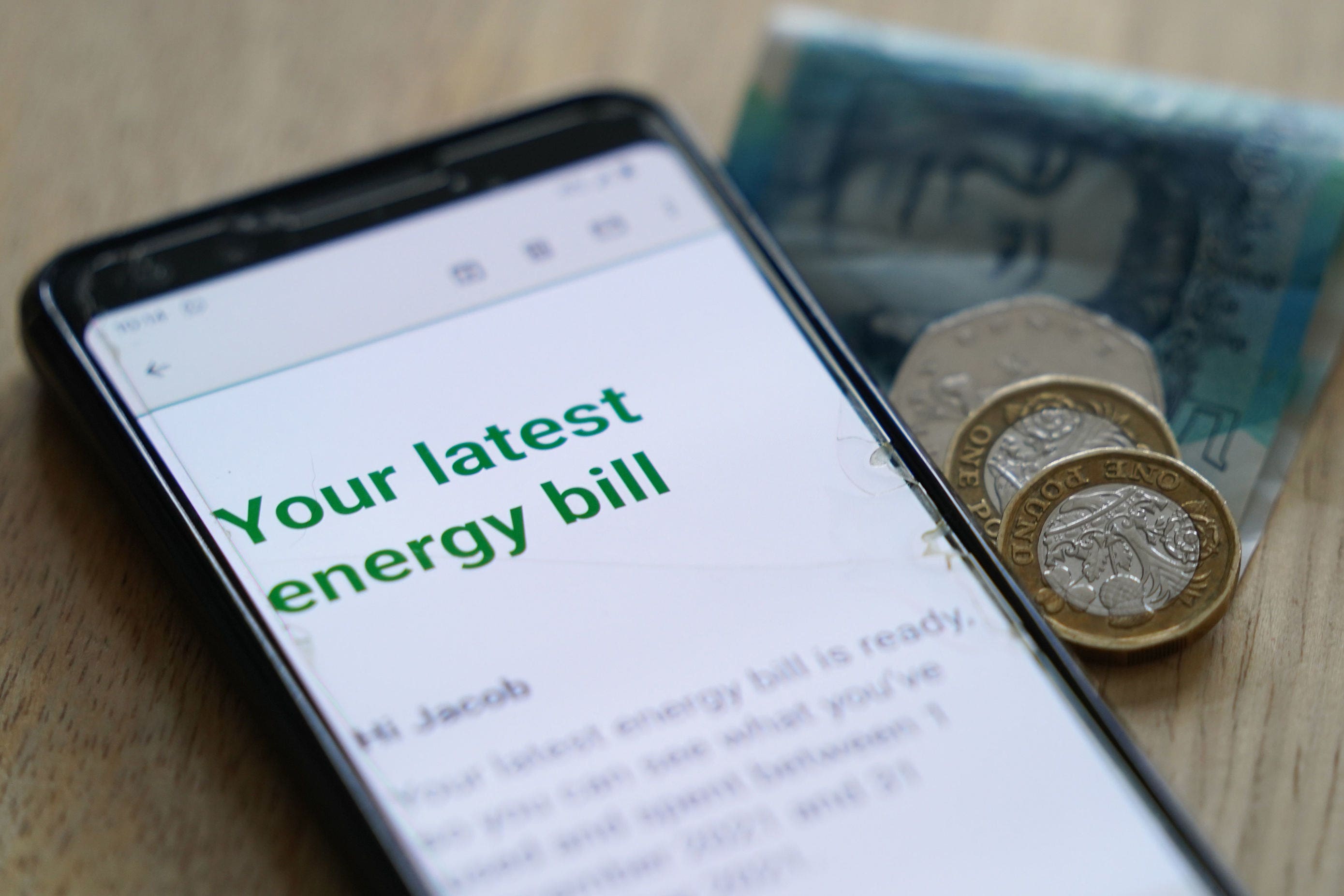Ofgem proposes scrapping ban on cheaper energy tariffs for new customers early
The ban was introduced as a short-term measure in April 2022 to protect consumers during the energy crisis.

The ban on energy firms offering cheaper deals to new customers could be scrapped from October as the regulator clears the path back to competition between suppliers.
Ofgem has announced it is consulting on removing the ban on acquisition-only tariffs – or cheaper prices that are only for new customers in order to lure them away from their existing supplier.
The ban was introduced as a short-term measure in April 2022 to protect consumers during the energy crisis and was due to be lifted in March next year.
The energy market is broken. We need anything possible right now to stimulate competition and bring prices down
Now, the regulator has said that it is the right time to consider removing it as the energy market continues to stabilise.
It said the move would drive a faster return to competition and better price savings and service standards for consumers.
Martin Lewis, the founder and chairman of MoneySavingExpert.com, said: “The energy market is broken. We need anything possible right now to stimulate competition and bring prices down.
“In normal times, I wouldn’t call for firms to be allowed to offer new customers cheaper prices than existing, yet these aren’t normal times.
“The current UK retail energy system was built on the premise that firms would fight each other for customers and compete on price – yet that’s hardly happening. Most firms are currently happy to sit on their existing customers and profit – where once you could switch and save 30%, now it’s a few percent at most. So, in reality, the Energy Price Cap, set up as a remedial backstop rate, is now pretty much the price.”
Forcing providers to offer the same energy deals to new and existing customers has meant that suppliers have been encouraged to give up delivering cheap deals. But with the price cap changing every three months, consumers desperately need good value fix options to give them more certainty on their bills
Richard Neudegg, director of regulation at Uswitch, said: “Getting rid of the ban on acquisition-only tariffs in October heralds good news for households seeking cheaper energy bills.
“With a final decision from Ofgem due in July, this move is a no-brainer to improve the chances of decent fixed deals in time for winter.
“Forcing providers to offer the same energy deals to new and existing customers has meant that suppliers have been encouraged to give up delivering cheap deals.
“But with the price cap changing every three months, consumers desperately need good value fix options to give them more certainty on their bills. It makes complete sense for Ofgem to remove the piece of regulation that is actively holding this back.
“Removing the ban will incentivise providers to work harder to compete for customers on price, service and choice.”
However Simon Francis, coordinator of the End Fuel Poverty Coalition, said that ending the ban could lead to a rise in discriminatory tariffs that penalised people based on where they live, their meter type or if they were on a priority register.
He said: “In 2009 Ofgem banned discriminatory pricing after tariffs emerged which had unexplained differentials between payment methods, between regions and between fuels (gas and electricity). However, in 2012, the licence condition which banned these tariffs was allowed to lapse.
“If Ofgem wants market conditions to return, it must also beef up its consumer protections and ensure we don’t see a surge in discriminatory tariffs.”
Bookmark popover
Removed from bookmarks